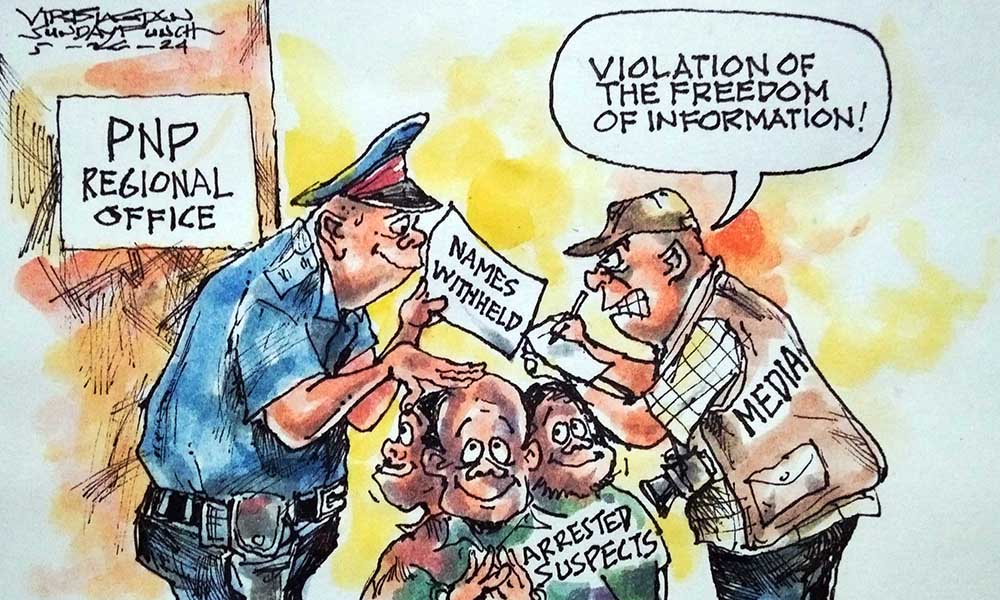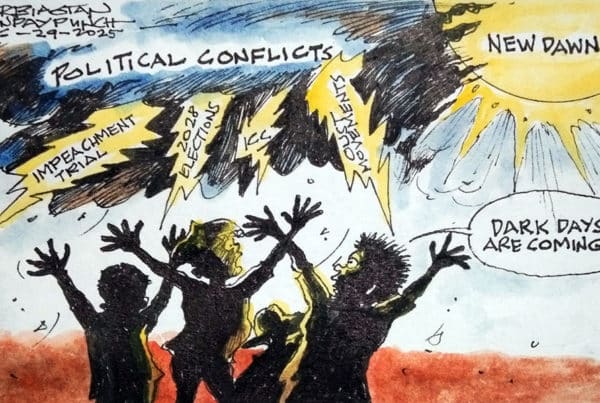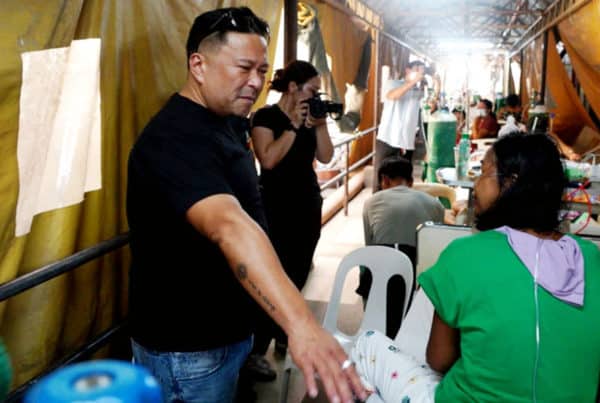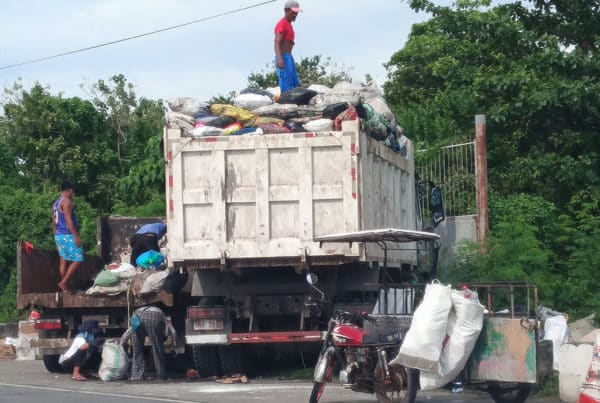
PNP’s false notion of Freedom of Information, Privacy Act
IN this issue is a story titled “Three drug pushers arrested in Dagupan,” that we find its information wanting – the names of the arrested suspects were deliberately withheld by the PNP Regional Office. We thought the omission was due to security matters involving the drug operations. It was not.
The omission stems from guidelines issued by both the national and regional headquarters that 1) Release of information/details of victims, suspects and arrested persons will not lead to their identification, and 2) Only validated wanted persons, particularly those on the PNP list of individuals being sought by the law may be identified by names or photos.
PNP explains – “the withholding of full names and photos of arrested suspect is part of upholding the suspects’ rights.”
Firstly, the guidelines are a serious violation of the Freedom of Information that guarantees sharing of factual information in the possession of government agencies with the public.
PNP’s guidelines are, therefore, fallacious and self-contradictory on the role of the police. As if fighting crime is not enough, it wants to regulate the role and function of media, dictating what it can and cannot report. That is an infringement on the guarantee of the constitution – that no law shall be passed to abridge the freedom of the press. Only a declaration of martial law withdraws that guarantee.
In a democratic environment, every community deserves all the information it can have from its police department for its welfare and security. Thus, the true and correct identity of arrested suspects who violated laws, whether the crime committed was against persons or properties, must be made known, and it is the responsibility of media, not the PNP, to ensure that the facts and circumstances are correctly reported to the public.
Clearly, PNP errs gravely with its assumption that it is part of its mandate is to protect the privacy of suspects foremost before serving to protect of the community against criminal elements with full information.
Let’s get the lines of accountability straightened out. The police are accountable to the people, the crime suspects are accountable to the police and the courts. The media is accountable to all to the extent of the limitations in both libel and cyber-libel law are defined.
So PNP should view media as an ally in promoting peace and order, not as a suspect that violates privacy of criminal suspects.
Share your Comments or Reactions
Powered by Facebook Comments










